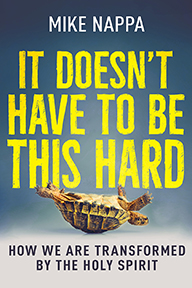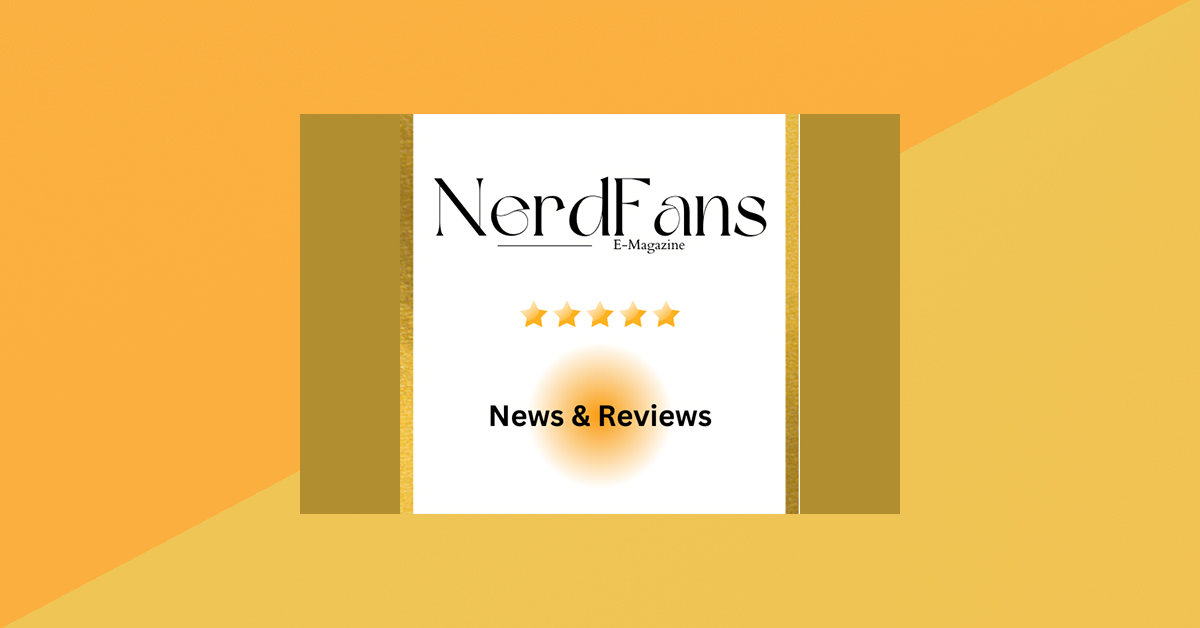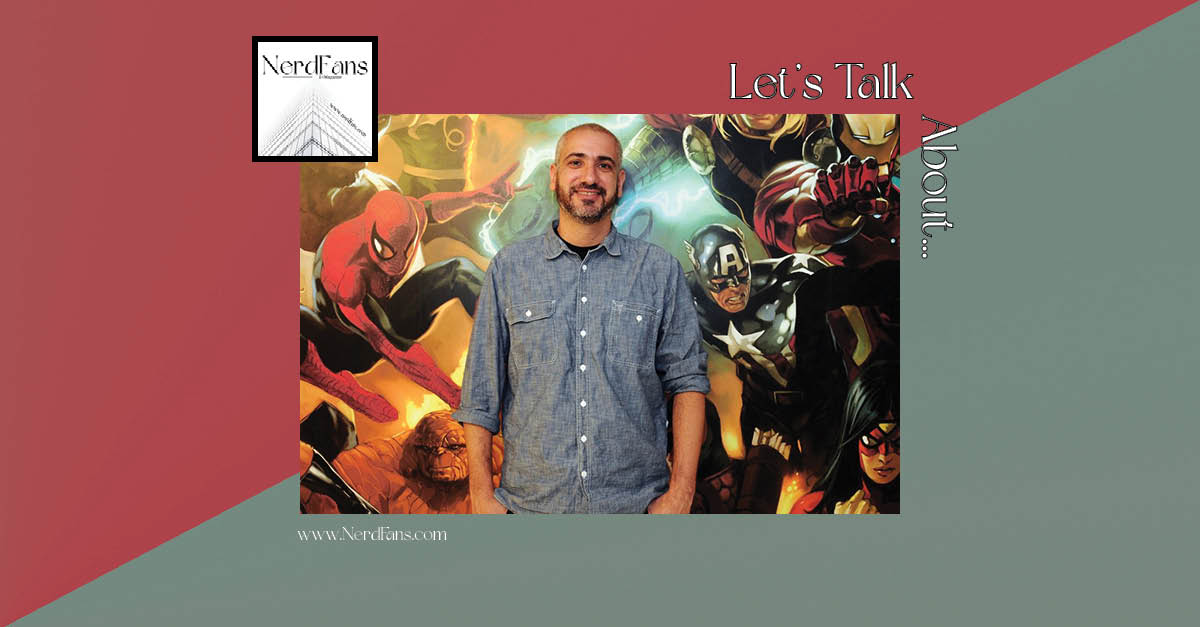A Marketing Team reason for rejection
Let’s see…for this one we’ll call our hero Andy.
Andy is a novelist I’ve worked with on several occasions. He’s an outstanding writer of fiction, a hard worker, and just a great guy to boot. When I worked for awhile acquiring suspense fiction, I lured him away from a competing publisher and locked him up with a three book contract. His first book out of the gate hit our industry bestseller list. Happy days.
A few years later I joined a different publishing company, and one of the guys on the sales and marketing team had come from that competing publisher where I’d stolen Andy away.
Well, for me, bringing Andy to my new publishing house was a no-brainer. So he worked up a proposal for me, I prepared it for presentation at publishing board, and away we went.
Except for that other guy. For some reason (I still haven’t figured out exactly what it was), when he saw Andy’s name on the agenda, he immediately started badmouthing my author to anyone who would listen—especially to my Marketing VP.
“We could never sell Andy’s books at my old publisher,” he said.
“And yet you published more than a dozen of them,” I said.
“We could never get people to notice him in the marketplace,” he said.
“And yet, every person here knows who Andy is,” I said.
“I’d never publish Andy,” he said.
“I did publish Andy,” I said, “and he hit the bestseller list.”
It was surreal, and awkward, how determined this guy was to sabotage Andy’s new book. And he almost won. In the end, the Marketing VP appeared convinced by this one negative guy, but the Sales VP and Publisher overruled him and voted to publish.
Still, if Andy hadn’t had verifiable market success already, that kind of unfair prejudice against him would have derailed his chances with my company. And people in publishing board can be prejudiced against an author for all kinds of strange reasons—because of a topic, or because of a personal encounter with the author, or because of genre, or religion, or political bent, or because of a friend of a friend who didn’t like a book, or whatever.
Hey, if it can happen to Andy, it can happen to you.
What You Can Do About It
1. Let your talent do the talking.
I once had a fantastic proposal from a successful romance author for our company who wanted to branch out into romantic suspense. The president of my company wouldn’t let me publish it.
“She’s a romance author,” he said. “She can’t write suspense.”
But did I mention it was a fantastic proposal?
This author didn’t waste time complaining to me about how unfair we were being toward her and her chosen genre. Instead, she took that book to a different company. They recognized the potential that I did—and then some. Today she’s one of the most reliable romantic suspense authors out there. In fact, you’ve probably seen her hogging up shelf space at Wal Mart and quite likely have read one of her books (if you like romantic suspense).
In the end, she let her talent do the talking, and that was more than enough.
2. If you can help it, don’t piss anybody off.
Yes, I know, sometimes you can’t help it. Especially in this industry where so many people are egotistical jerks. So I’m not saying you should never make anybody mad at you (hey, I’m fairly certain there are people out there who grimace when my name is mentioned). But I am saying that, if you can avoid it, don’t provoke an industry colleague into a fight. Don’t call people names. Don’t demand satisfaction or chew someone out because they dunya wrong.
That kind of stuff always comes back, and sometimes it’ll return to you in ways you can’t even see (like in a closed-door publishing board meeting) but which have significant impact on your publishing career.
So the age-old advice of the golden rule still applies: Do unto others as you’d have them do unto you.
3. Increase your odds.
This goes back to market research and knowing who is publishing the kinds of books you want to publish. If you’ve only got three legitimate companies as your target publishers for a book, and you’ve already managed to piss off somebody important at one of them, that knocks out one-third of your opportunities just because of a personality conflict.
On the other hand, if you’ve got 10 potential publishing partners, and one of them is unfairly prejudiced against you, that still leaves 90% of your options open. So go ahead and play the odds a bit, and make sure you target a good number of editors with your next proposal.
Looking for more? Check out these links:












